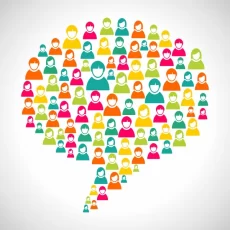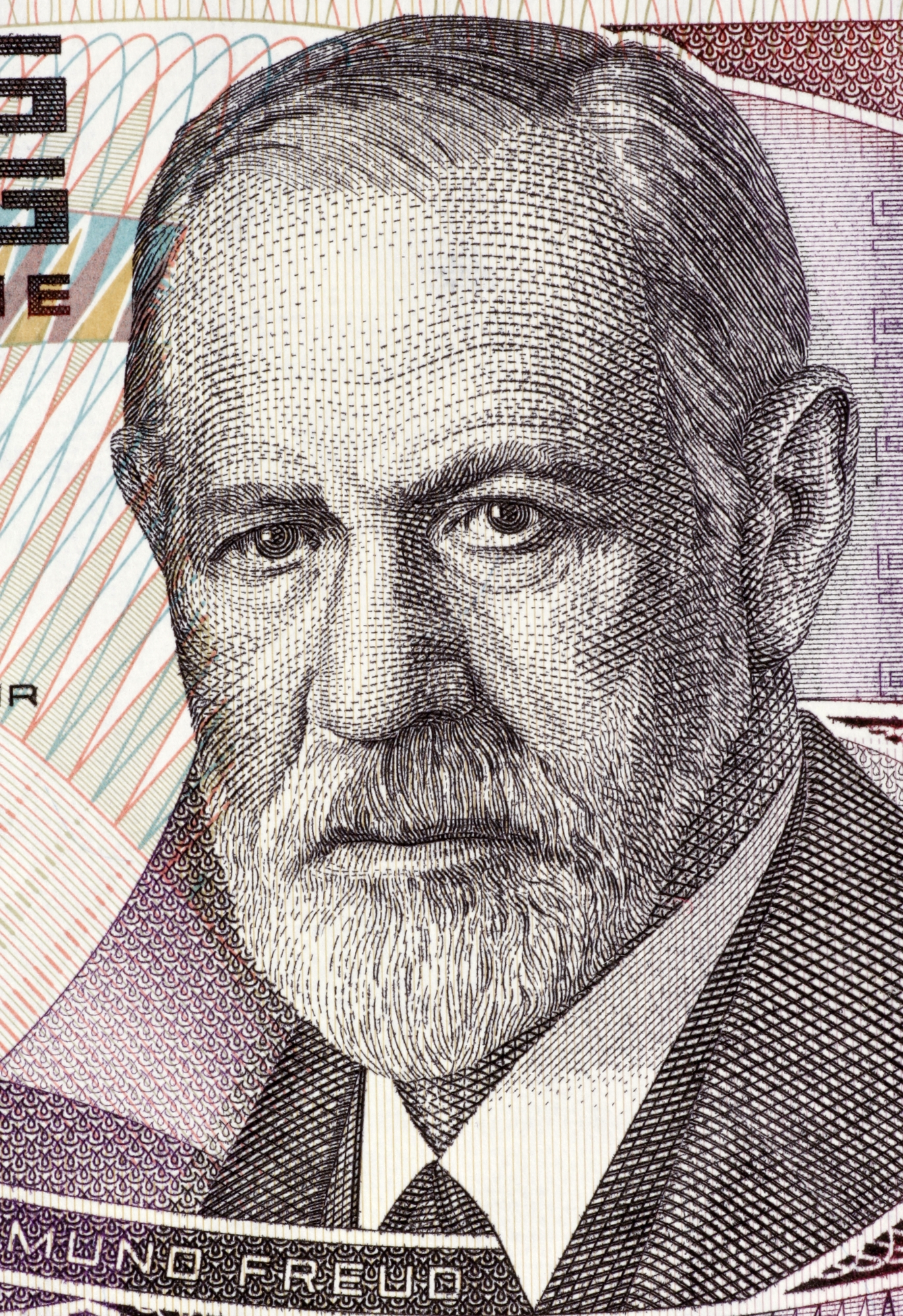It was through books that I first realised there were other worlds beyond my own; first imagined what it might be like to be another person, ” Wrote the novelist Julian Barns. It is an enticing thought that reading fiction might help us escape the strait jacket of our egos and personal experiences, and expand our emphatic horizons. Many modern literary theorists are, however, decidedly sniffy about the notion. ‘ they see the idea as to middle brow, to therapeutic, too kitsch, too sentimental, too Oprah,’ according to psychologist Steven Pinker. Reading even the most moving story, say the critics, may have almost no impact on our actual behaviour, and possibly leave us more prejudice than when we began. Yet there is a growing body of evidence conforming that literature, photography, film and other art forms do indeed have the ability to take us on imaginative journeys into lives that are profoundly unlike our own, and also to inspire emphatic acts on the behalf of others once we have put down the novel or left the cinema. Happyho also provides best Meditation and Tarot classes in Noida and Delhi NCR India area
Highly emphatic people recognise that by words and pictures offer only second hand experience rather than the real thing, they deserve to be taken seriously, and not dismiss as little more than ‘ empathy lite.’ Why? because art has a long and distinguish history, going back centuries, of kicking our empathic selves into action, be it for the struggle against child labour or the anti war movement. We need to explore how we can become discerning in our consumption of books and artworks so that we are not simply entertained, but also empathically engage.
I think of this as ‘ Armchair Empathy’ a form of travel that you can do in your own living room. But as you recline in your rocker, there is a good chance that as well as having books by your side or a DVD remote control in your hand, you are probably also within easy reach of a laptop or smart phone. Social networks, Video Games, Chat rooms and other forms of online culture have opened up new possibility for the pursuit of arm chair empathy enabling us to connect with millions of people around the planet. the arrival of the digital age raises important questions for the future of empathy. Can networks such as facebook help promote meaningful human relationships, or are they fuelling superficial interactions? Are we developing ‘ E-personalities’ that amplify the narcissistic side of our natures more than our homoempathicus? And what might the ideal ‘ Empathy app’ look like?





